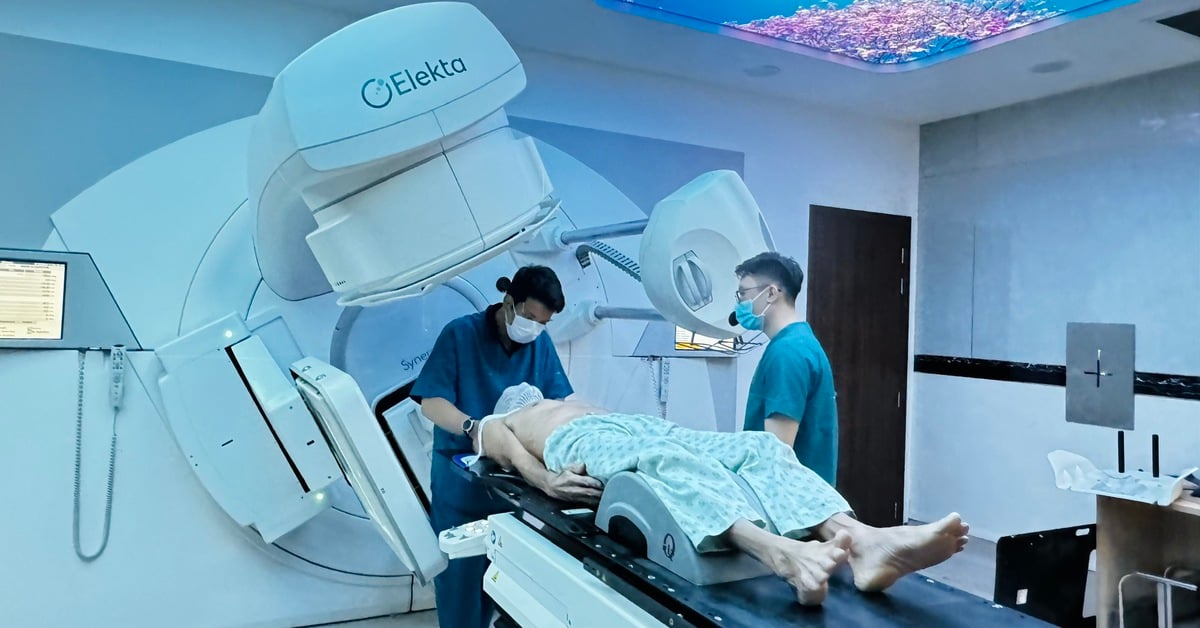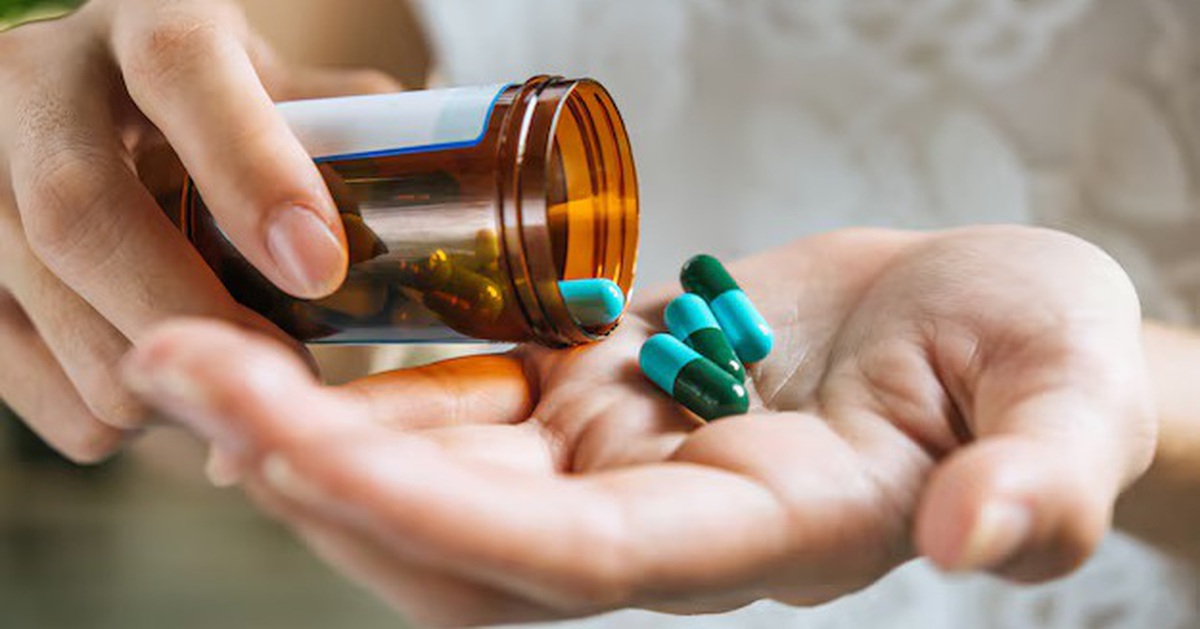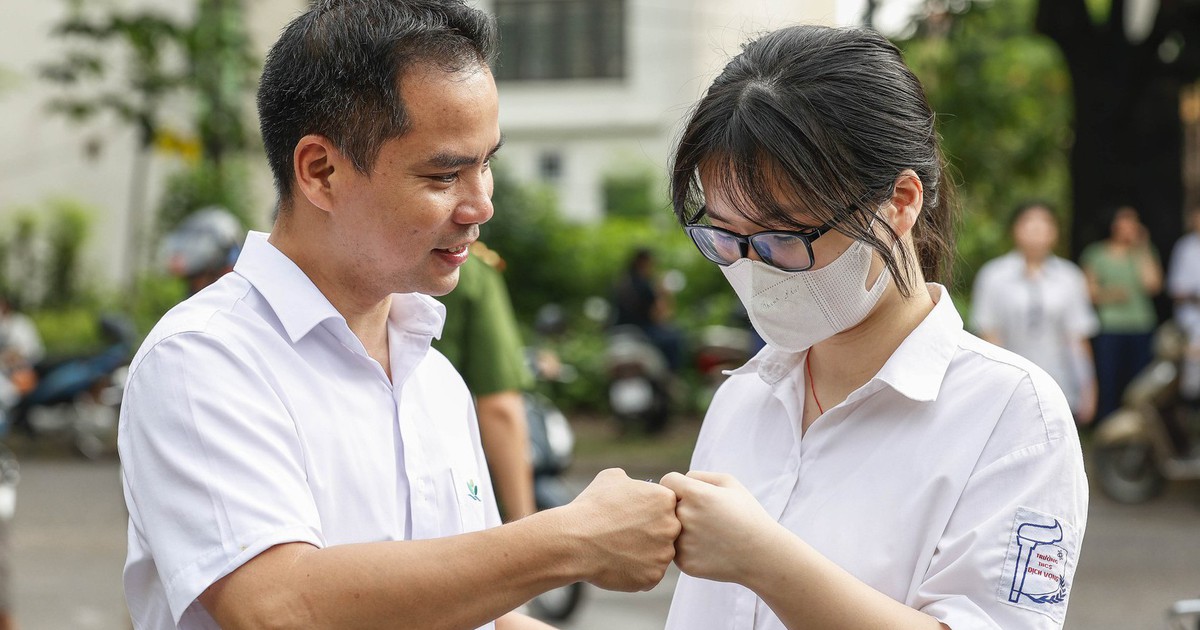However, it is important to note that grapefruit and grapefruit juice can affect the effectiveness of medications and this interaction is of real concern.
The US Food and Drug Administration (FDA) has required some oral medications to carry a warning against drinking grapefruit juice or eating grapefruit while taking the medication, according to News Medical.

Grapefruit can be part of a healthy diet, but grapefruit juice may affect the effectiveness of medications.
ILLUSTRATION: AI
Therefore, grapefruit becomes "taboo" for people who are taking the following medications, because it can cause interactions:
- Statin drugs to lower cholesterol such as Zocor (simvastatin) and Lipitor (atorvastatin).
- Blood pressure medications such as Procardia and Adalat CC (both are nifedipine).
- Organ transplant rejection medications , such as Neoral and Sandimmune capsules or oral solution (both are cyclosporine).
- Anti-anxiety medications such as BuSpar (buspirone).
- Corticosteroids to treat Crohn's disease or ulcerative colitis such as Entocort EC and Uceris tablets (both are budesonide).
- Medicines to treat irregular heartbeats such as Pacerone and Cordarone (both are amiodarone).
- Antihistamines such as Allegra (fexofenadine).
The severity of interactions may vary from person to person, depending on the medication and the amount of grapefruit or grapefruit juice consumed.
Ask your doctor to find out about the following:
- Will your medication be affected?
- How much grapefruit juice can you drink, if at all?
- Besides grapefruit, what other fruits can also affect medications like grapefruit juice?
How can grapefruit juice interact with medications?

Drinking a lot of grapefruit juice while taking statin drugs to lower cholesterol will result in too much of the drug in the body, which can increase the risk of liver and muscle damage, possibly leading to kidney failure.
ILLUSTRATION: AI
With most medications, grapefruit juice causes problems by "causing more of the drug to enter the bloodstream," said Dr. Shiew Mei Huang, of the FDA: Too much of the drug in the bloodstream will cause more side effects.
For example, drinking a lot of grapefruit juice while taking a statin drug to lower cholesterol can lead to too much of the drug in the body, which can increase the risk of liver and muscle damage, which can lead to kidney failure.
Many medications are metabolized by the enzyme CYP3A4 in the small intestine. Grapefruit juice can block the action of this enzyme, so instead of being metabolized, more of the drug enters the bloodstream and stays in the body longer. The result: too much medication in the body.
The amount of CYP3A4 enzyme in the gut varies from person to person. Some people have a lot and others have only a little. So grapefruit juice can affect people differently, even when taking the same medication.
Conversely, grapefruit juice can also reduce the effectiveness of medications such as fexofenadine (brand name Allegra), a seasonal allergy medication, by causing less fexofenadine to enter the bloodstream, Dr. Huang said. Fexofenadine can also lose its effectiveness if taken with orange juice or apple juice.
This is because grapefruit juice can block the activity of drug transporters, reducing the amount of drug entering the bloodstream and possibly causing the drug to lose its effectiveness, Dr. Huang explained, according to News Medical.
Source: https://thanhnien.vn/buoi-rat-tot-nhung-toi-ky-voi-nhung-nguoi-nay-185250325084723674.htm




![[Photo] Looking back at the impressive moments of the Vietnamese rescue team in Myanmar](https://vstatic.vietnam.vn/vietnam/resource/IMAGE/2025/4/11/5623ca902a934e19b604c718265249d0)

![[Photo] "Beauties" participate in the parade rehearsal at Bien Hoa airport](https://vstatic.vietnam.vn/vietnam/resource/IMAGE/2025/4/11/155502af3384431e918de0e2e585d13a)















![[Photo] Summary of parade practice in preparation for the April 30th celebration](https://vstatic.vietnam.vn/vietnam/resource/IMAGE/2025/4/11/78cfee0f2cc045b387ff1a4362b5950f)





























































Comment (0)